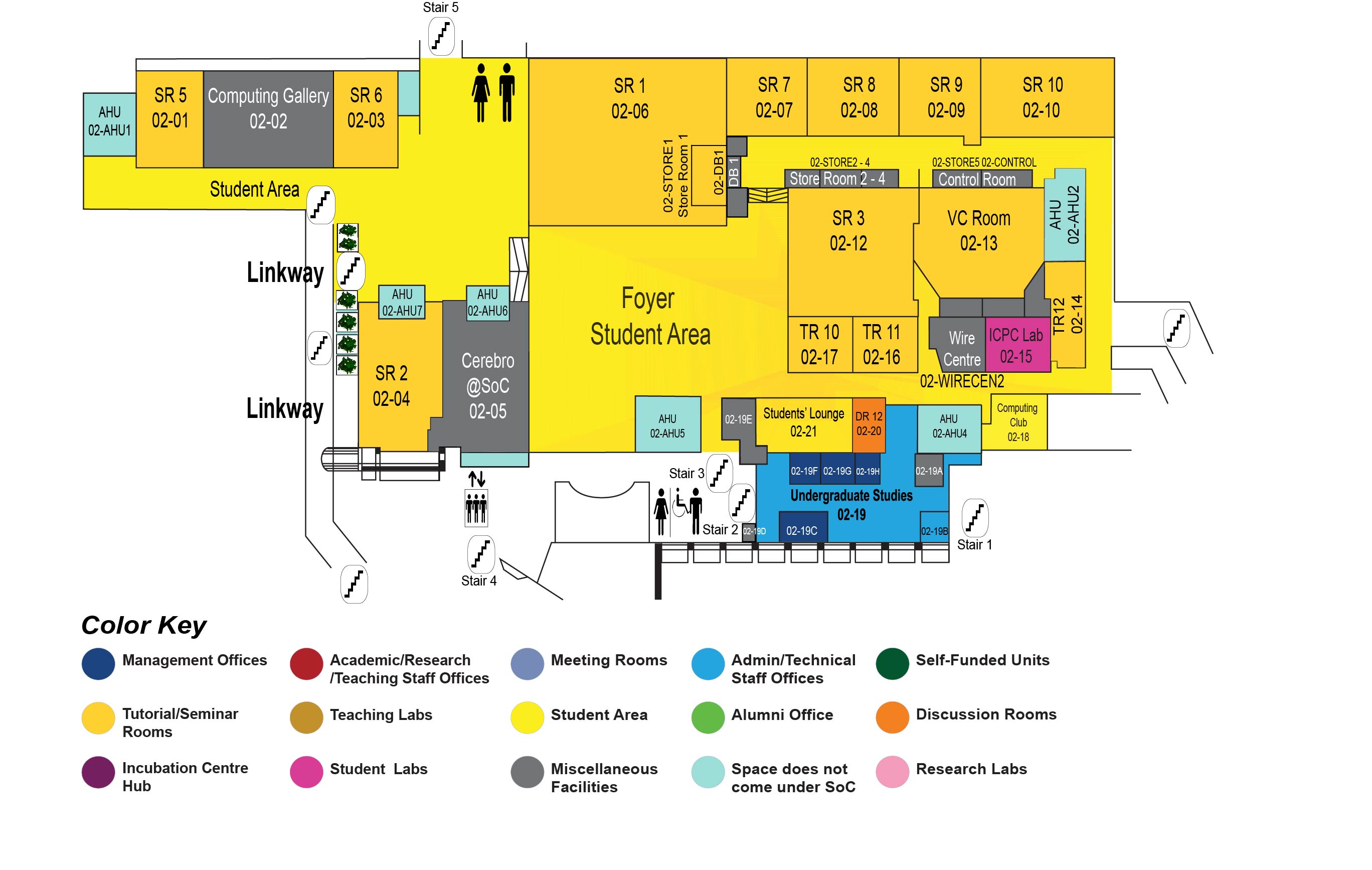Using Meta-Data from Free-Text User-Generated Content to Improve Personalized Recommendation by Reducing Sparsity
COM1 Level 2
SR6, COM1-02-03

Abstract:
Recommender Systems (RS) have become increasingly essential in many domains for alleviating the "information overload" problem, but existing recommendation techniques suffer from the sparsity problem due to insufficient input data.
In this thesis, we aim at extracting and incorporating meta-data from free-text User-Generated Content (UGC) to lessen the effects of sparsity and therefore improve the quality of recommendation. We achieve this goal by conducting three different studies, each of which proposes a recommendation solution that incorporates UGC from different perspectives, and addresses specific problems introduced by data sparsity in different contexts.
In particular, in study one, we show that adjective features embedded in user reviews are useful for characterizing movie features as well as user tastes. We extend the standard TF-IDF term weighting scheme by introducing Cluster Frequency (CLF) to automatically extract high quality adjective features from user reviews, and incorporate the extracted adjective features into a specific recommendation technique, i.e. Singular Value Decomposition (SVD) to show effectiveness.
In study two, we show that critic reviews of the items can be used to boost new item recommendation. We collect critic review articles for corresponding items in recommender system, and employ topic model to quantify the textual content. We adapt Non-negative Matrix Factorization (NMF) to incorporate the topics inferred from the critic reviews for recommendation, aiming at addressing the new item recommendation problem.
Study three focuses on extracting functional aspects from user reviews for mobile app recommendation. With the extracted functional aspects, we are able to analyze user requirements at the functional level. We propose a graph-based ranking algorithm to predict new functionalities for users, and devise a competition mechanism to filter redundant recommendations. Our proposed solution is effective in improving stability against data sparsity and increasing the accuracy and diversity of mobile app recommendation.

